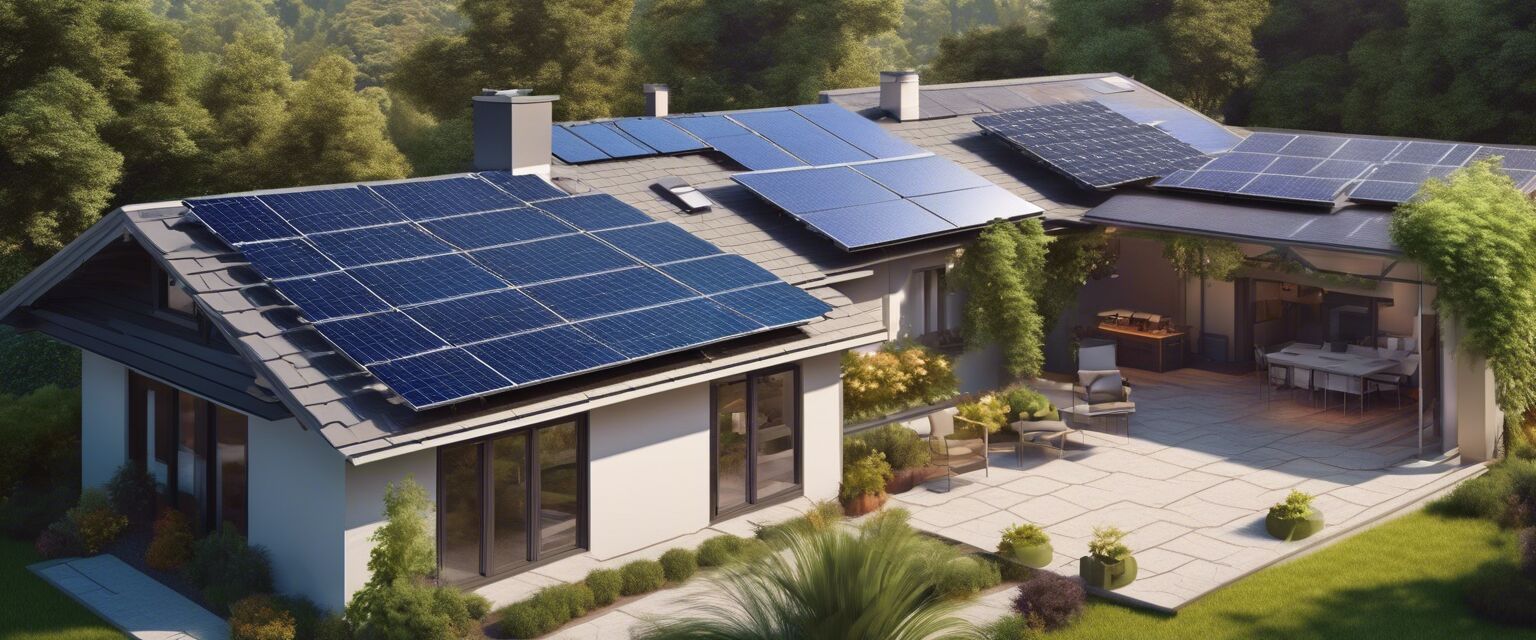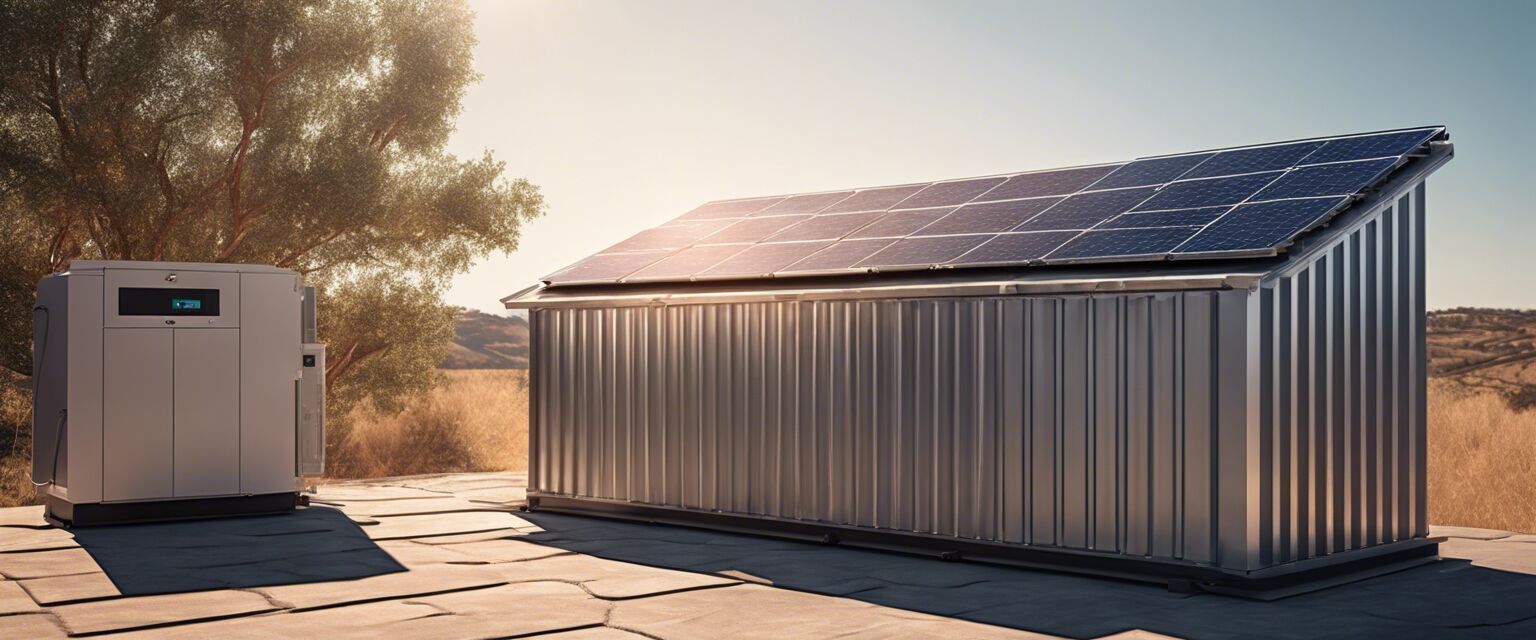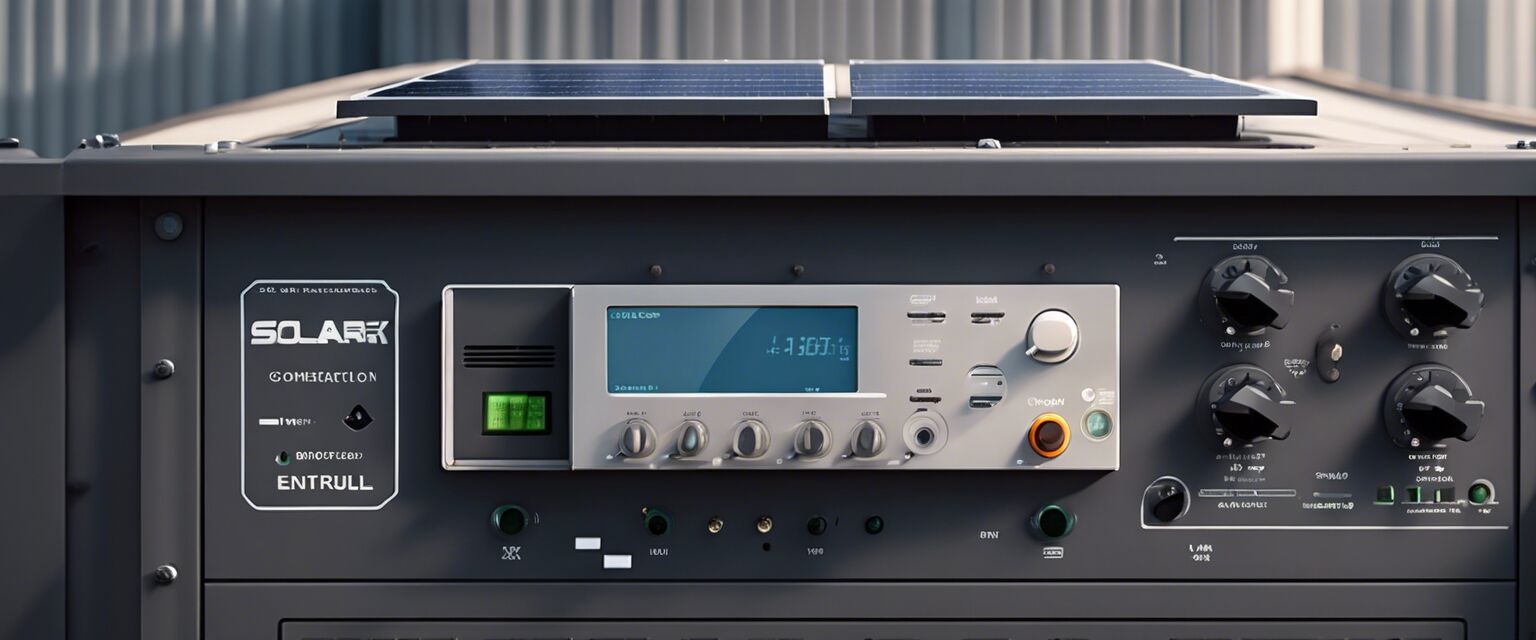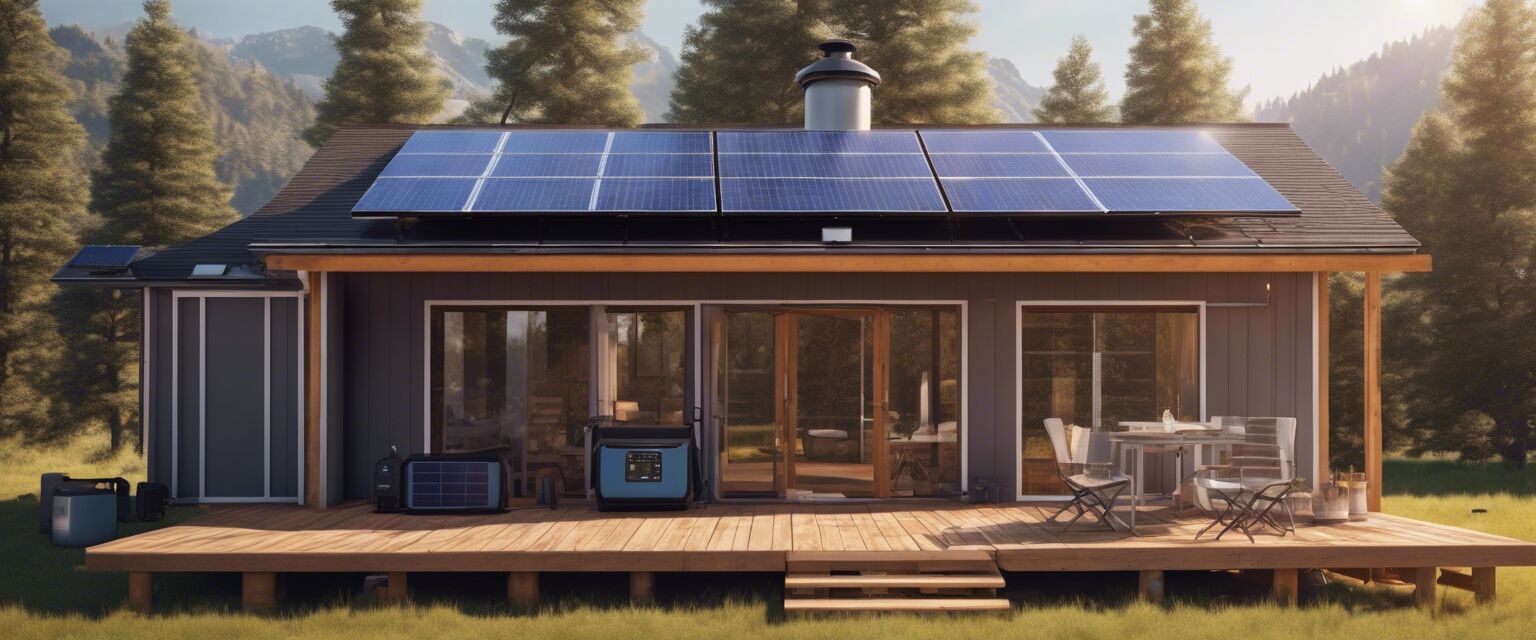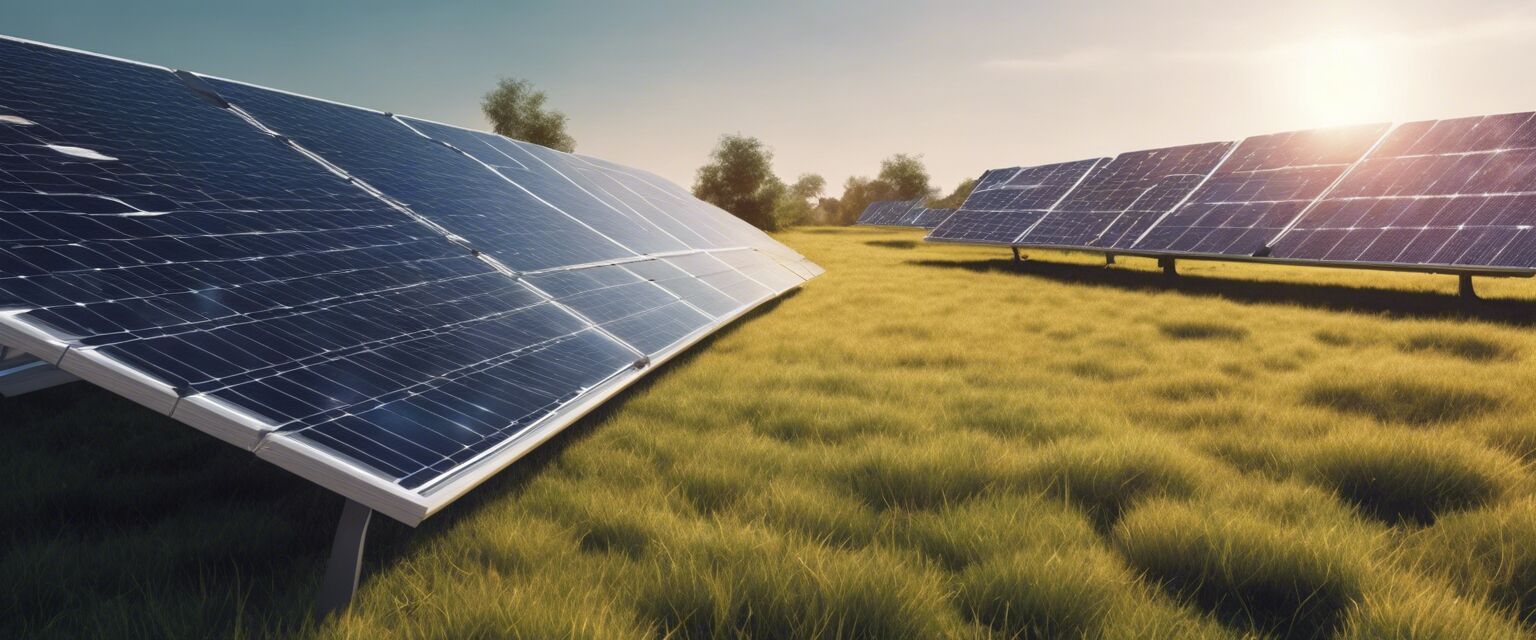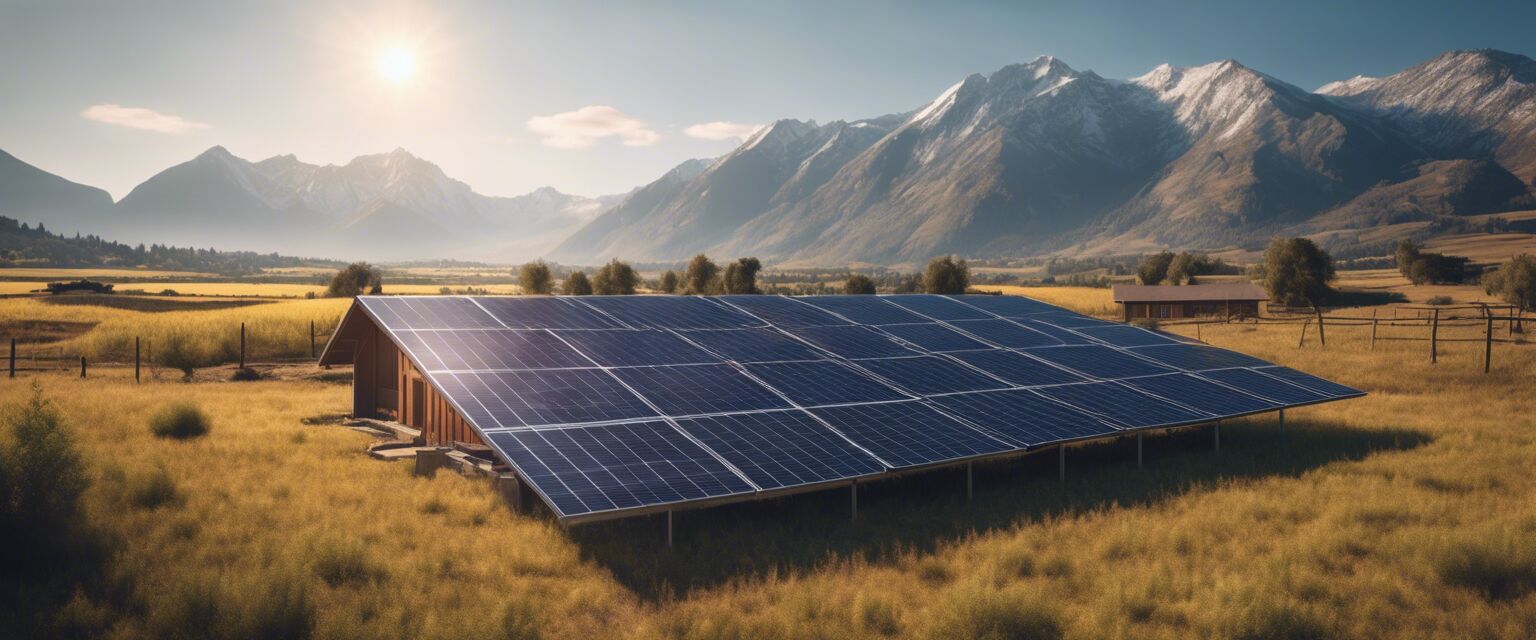
Hybrid Solar Systems
Key Takeaways
- A hybrid solar system combines both grid power and off-grid options.
- They provide flexibility and reliability, especially during outages.
- Battery storage is crucial for maximizing energy usage.
- Hybrid systems can lead to significant savings on electricity bills.
- They are suitable for both residential and commercial applications.
Are you looking for a sustainable solution to your energy needs? Hybrid solar systems might be just what you need! These systems combine the best of both worlds by integrating solar energy with traditional grid power. Whether you're tired of frequent power cuts or just want to save on your electricity bills, a hybrid setup can offer flexibility and resilience.
What is a Hybrid Solar System?
A hybrid solar system is an energy solution that integrates solar panels with either grid power or backup generators and battery storage. This allows for a seamless transition between energy sources, ensuring you have reliable power even during outages.

Benefits of Hybrid Solar Systems
- Energy Independence: Reduce reliance on utility companies.
- Cost Savings: Potentially lower electricity bills.
- Reliability: Power during outages with battery backup.
- Environmental Impact: Reduce carbon footprint.
How Do Hybrid Solar Systems Work?
Hybrid systems store solar energy during the day while also drawing power from the grid when necessary. Hereâs a brief overview of their operation:
| Time of Day | Source of Power |
|---|---|
| Daytime | Solar panels generate energy, stored in batteries or used directly. |
| Nighttime | Batteries provide energy; grid can supplement when necessary. |
| Outages | Battery storage takes over to provide continuous power. |
Components of a Hybrid Solar System
A typical hybrid solar system comprises several essential components:
- Solar Panels: The main source of energy generation.
- Inverter: Converts solar energy into usable power.
- Battery Storage: Stores excess energy for later use.
- Charge Controller: Regulates battery charging and discharging.
Battery Storage Explained
Battery storage is one of the pivotal components of hybrid solar systems. It allows users to store excess solar energy for use during peak times or emergencies.
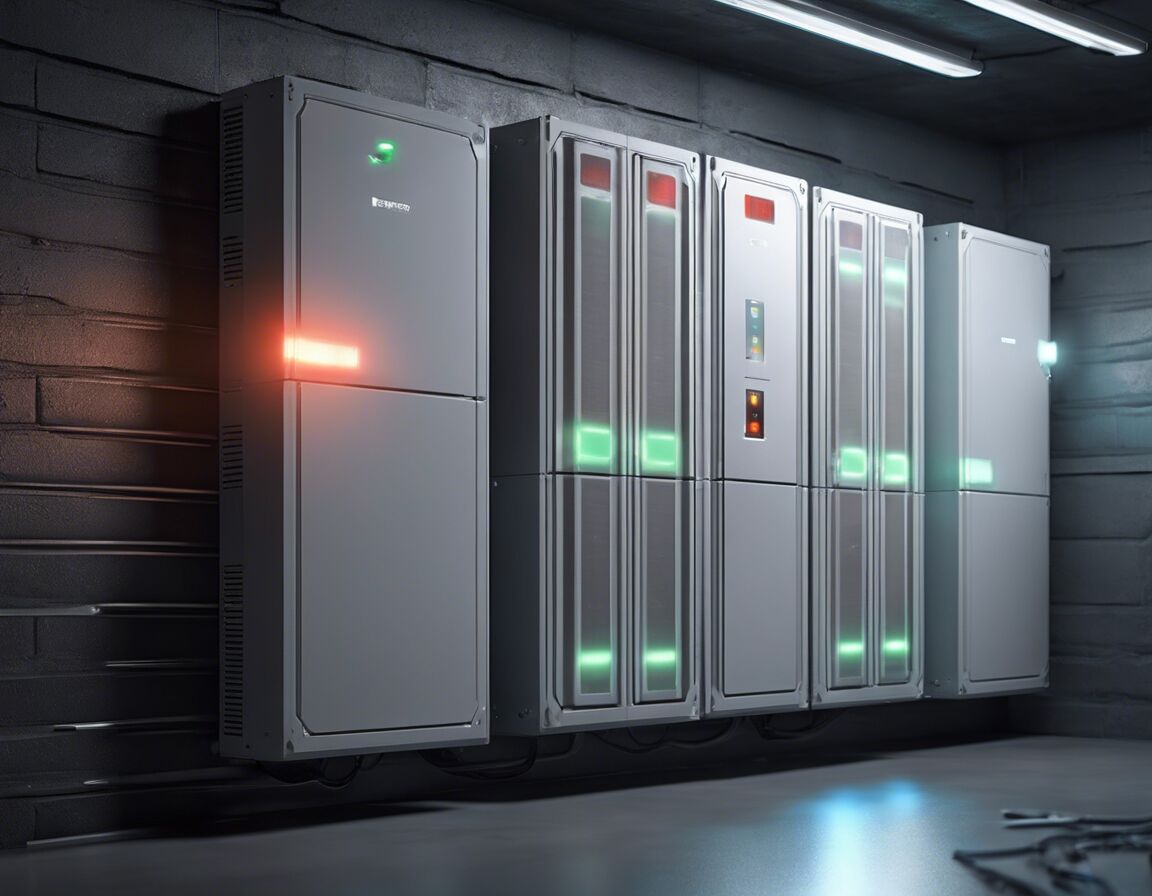
Considerations for Your Hybrid Solar System
Before investing in a hybrid system, consider the following factors:
- Your Energy Needs: Calculate your average energy consumption.
- Location: Assess the solar potential of your area.
- Budget: Determine your budget for installation and components.
- Regulations: Check local regulations regarding solar installations.
Pros
- Flexible power options
- Enhanced energy security
- Utilization of renewable energy
- Reduced energy costs
Cons
- Initial costs can be high
- Space requirements for components
- Maintenance may be needed
- Dependence on battery life
Installing a Hybrid Solar System
When installing a hybrid solar system, consider hiring a professional installer for optimal results. They will assess your energy needs and the suitable components for your setup.
Common Myths About Hybrid Solar Systems
Letâs debunk some common misconceptions:
- Myth: They are too expensive to install.
- Myth: Maintenance is too burdensome.
- Myth: They are only suitable for rural areas.
Future of Hybrid Solar Systems
The future of hybrid solar systems looks promising, especially with advancing technology and decreasing costs. As more people seek sustainable living solutions, hybrid systems will likely become more common in residential and commercial settings.
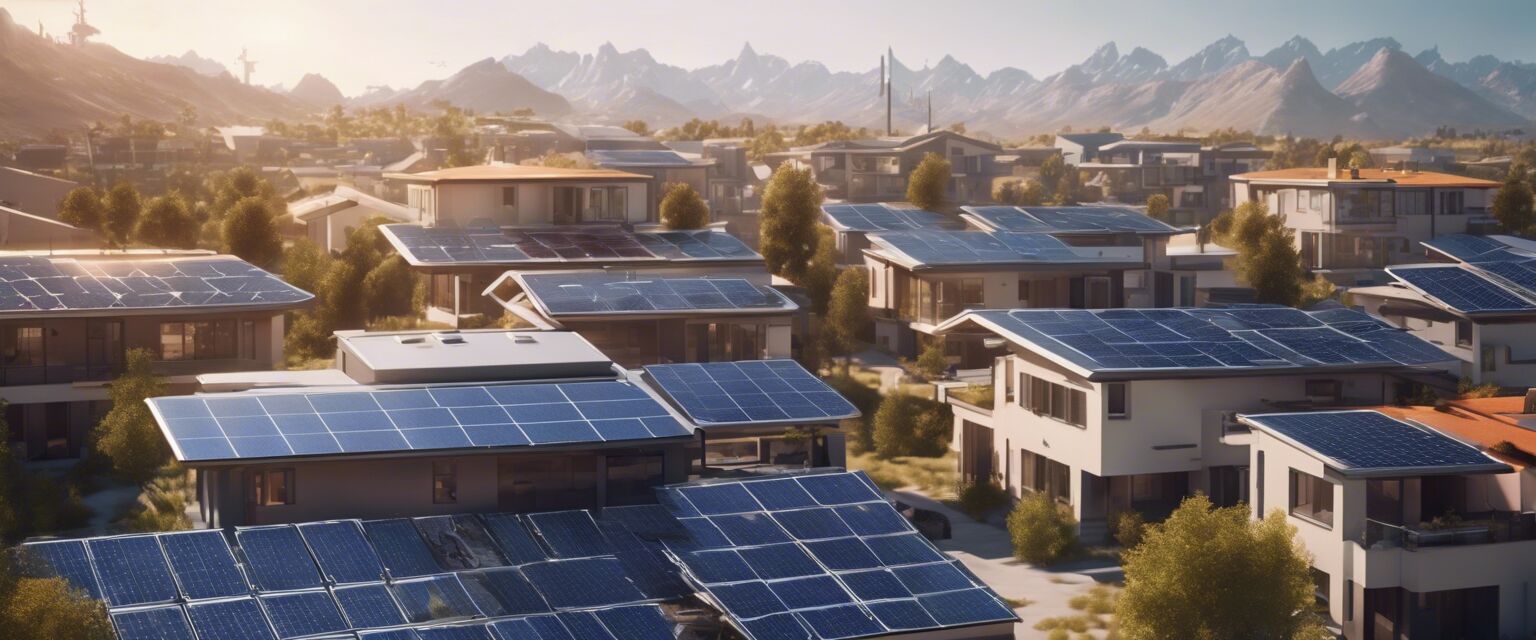
Conclusion
Hybrid solar systems provide a reliable and cost-effective solution for those looking to become grid independent. By combining solar energy, battery storage, and the grid, they offer flexibility that can enhance energy resilience. Be sure to evaluate your options and make an informed decision on the best system for you.
Tips for Beginners
- Start with a thorough energy audit to understand your needs.
- Research the different types of solar panels and batteries available.
- Look for reputable local installers with experience in hybrid systems.
- Consider local incentives and rebates for solar energy systems.
Explore More
For more information about components that enhance hybrid systems, check out our sections on Battery Storage, Inverters, and Solar Panels. Understanding these components can provide insight into optimizing your hybrid solar system.

